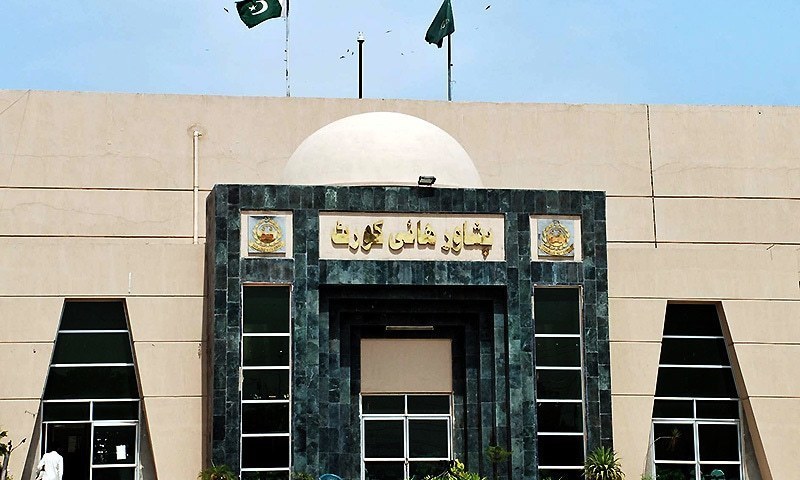The decision came after the Ministry of Water and Power told the premier in a high-level meeting last month that electricity bills of Sindh had accumulated to Rs72.11 billion and suggested that the PM should direct the federal adjuster to deduct at source 25% of the bills to clear the dues.
The electricity bills of four provinces amounted to Rs104 billion, of which Sindh owed the highest amount, followed by Khyber-Pakhtunkhwa that had to pay Rs20.47 billion, Punjab Rs4.9 billion and Balochistan Rs4.53 billion.
The ministry said it was facing difficulties in making recoveries from the Sindh government. Earlier, the ministry had powers to deduct at source the power bills, but in 2013 the inter-provincial Council of Common Interests (CCI) decided that only 25% deduction would be allowed and that too after reconciliation of figures with provinces.
“The federal adjuster may ask the Sindh government to pay 25% of the pending bills immediately, and the remaining after 30 days, in case the province does not reconcile the figures,” the ministry suggested.
Participants of the meeting, attended by the energy and finance ministers, held comprehensive discussions and considered various options to resolve the matter. However, they did not find the deduction proposal feasible due to its expected political repercussions.
It was proposed that Water and Power Minister Khawaja Muhammad Asif should raise the issue on the floor of parliament. However, the prime minister directed the minister that before taking up the matter in parliament he should first hold talks with the government of Sindh.
The pending electricity bills of farmers in Punjab also came up for review. The Ministry of Water and Power revealed that the outstanding amount that the farmers had to pay had piled up to more than Rs30 billion, which was a big challenge.
Until December 2015, the ministry had been going slow in the recovery of arrears in line with the request of the federal government. However, it now fears that any further delay will turn these dues into bad debts.
It was highlighted in the meeting that the Kisan Ittehad body came into being in 2012 with the objective of collecting donations from the agriculturists on a promise that it would get their bill payments delayed. The group resorts to agitation and road blockades and creates hurdles to the drive for cutting off power connections of defaulters.
The farmers’ body ransacked and set on fire properties of power distribution companies such as those in Vehari and Chichawatni including vehicles and installations.
On several occasions, the farmers committed violence against the staff of distribution companies and even killed a company employee in Lodhran in October 2015 besides damaging vehicles and electricity Installations.
The Ministry of Water and Power sought intervention and cooperation of the Punjab government and police in making recoveries as promised last year. It also demanded police escorts in the sensitive areas.
The meeting participants suggested that first information reports (FIRs) should be registered and action taken against the miscreants according to the new legal provisions.






